Mr. Adrover, do you have a love-hate relationship with the fashion industry?
I just don’t have the same vocabulary; I am speaking a different language than the rest of the industry. I am not trying to create trends or anything like that. I am just trying to somehow find a new way to put it together. I am really bored, and it’s not just me, there are a lot of people out there who are bored.
How come?
It’s not any longer about buying a Prada jacket or buying shoes from Manolo Blahnik – this doesn’t mean anything anymore. I mean, they started maybe eighty years ago and maybe then their philosophy had something to say to society. Today, however, they are just brainwashing people, taking their money, and making life miserable. We have lost our creativity, we lost our own selves in the whole madness of selling luxury goods.
What does that mean for society?
We live in a society where we are so controlled by social classes and status. You can put yourself in jeopardy of not being part of a group or something just because of the way you dress. I think this is something that corporations really want to do, they want to place us within roles and if you step out of this role it makes you a freak. People need to follow what they feel is right.
How do you keep an open perspective on life?
I don’t have television and I don’t look at fashion magazines or anything like that. Of course, if you look at one thing every day you will find it to be normal. If you don’t see it, you will see things in a very different perspective. So I think it is the media that is brainwashing us and I think a lot of people don’t even know who they are anymore.
Is that a reason why you left New York in 2004 and moved to your native Majorca?
When I left, after living in New York for almost 19 years, I was really scared and I asked myself how I would ever be able to live in a village of 200 people again. My family are still farmers; my brother is a fisherman. I was really scared. But you know what? Nature grabbed me. It really has so much energy. I have a lot of dogs and cats and other animals. I am the happiest person in life. I have the chance to watch what is going on without being a part of it. This way I don’t get affected; I have a clear mind. Coming to New York is totally the opposite, the energy, but both worlds together are much stronger than each one by itself.
What did you do when you returned to Majorca?
I bought a bar with my granddad. When I returned it was the only way for me to survive. I worked there for almost two years before I was approached by Tommy Hilfiger and the eco-organic textile company Hess Natur at the same time. I met Tommy here in New York and they wanted to get me to be the international designer, but I know what that means…
And that didn’t interest you…
I mean, I can do it if I want to and I’ve done it before. If a big corporate company asked me to do the job for them, I would do it. I’m working, too. I don’t have any problem with that.
Really?
I have to separate my work from the work I do for other people, but I still work for Hess Natur. I’m not hunting to create a big business or an empire like Giorgio Armani or anything like that, but I am hunting to express myself and be able to affect society and also to help some other people.
I’m sure it would have been difficult to connect all of that with a company like Tommy Hilfiger…
They have a special kind of client. They aren’t looking globally. They’re looking at the university; they want to create this preppy kind of Caucasian look for the campus. Ralph Lauren was doing that many years ago. But I would love to do Ralph Lauren, for example. I would love to do Gap, I would love to do – anything, you know? I don’t care. It’s a challenge for me.
In the end it is possible for creativity to be connected with commercial things in good ways.
They can be beautiful clothes. I already showed everybody that I can do that. Almost everybody copied me and my style, the cuts and the fit and everything. I can do evening dresses, I can do sportswear. I can do whatever I want. I have done it already. To do it again doesn’t cost anything. It’s just not exciting anymore.
How do you feel when you get copied?
I love it. Copyright is for losers.
Many young designers are complaining about that.
I never made that much money from my work, but a lot of people make a lot of money out of my work. It’s like the “I love New York” t-shirt, for example. I sold maybe 50. How many do you think Dolce & Gabbana sold? Probably millions.
That doesn’t bother you?
I believe that if you have bought something and have it in your closet, you have the freedom to express yourself with that. And what society puts in front of my face every day with billboards – everywhere I walk I have to see labels, I have to see images. When you put it out and you make your money with it, people should be able to use it. But today everybody is so protective.
You seem like you don’t really worry what other people think of you. Do you even care who comes to your shows?
Of course. I want to know if people understand it and get the message. I want to show it to other people. I don’t expect everybody to like it – after all it’s going against the machine. But the truth is: everybody does like it. (Laughs) But I just want to disappear now.
What about Anna Wintour?
In the end I think it’s more for her than for me. Because if you want to keep the industry alive and exciting, you will need to open the eyes to new possibilities, of people who are visionary, who see something else. This way the business can continue on. I think it’s a double game: For them it’s business, but at the same time it’s a business that is based on creativity. If you don’t support that, what do you have? Only business? It’s not exciting anymore.
Are you talking about the fact that she sees collections before they are actually shown?
It’s like me going to Vogue and saying, “Listen, I don’t like this cover so you need to change it.” You know what I mean? What the fuck?
What is your solution to that?
I have the guts to do what I feel without thinking about what the consequences will be. I think that’s unhealthy and I think if you want to be creative it is really impossible to please both sides. For me it was very important to have this perspective – to feel that I was not hunting for something just to share it. I wanted to share what I see, or learn, or experience in life.
You could have been more successful if you weren’t like that…
When I did the first silhouettes, everybody loved it, everybody went crazy, the whole fucking world went crazy. But you have to put your business at risk when something is working and try something else. For example, Diane von Fürstenberg. She got famous for the wraparound dress. Now she’s been doing the wraparound dress for ages. Hello! I should have kept doing the same silhouettes and people would be happy with that. But I cannot do that because I open my eyes to the world and I study it and I’m not going to get comfortable only with what is working. I want to take a risk of going forward.
Return to Top

Short Profile
Name: Miguel Adrover
DOB: December 1965
Place of Birth: Calonge, Majorca, Spain
Occupation: Fashion Designer
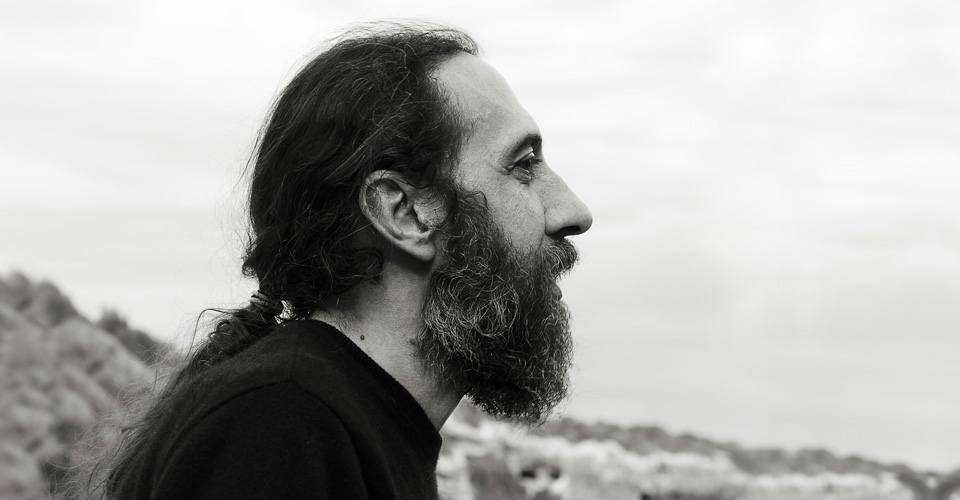
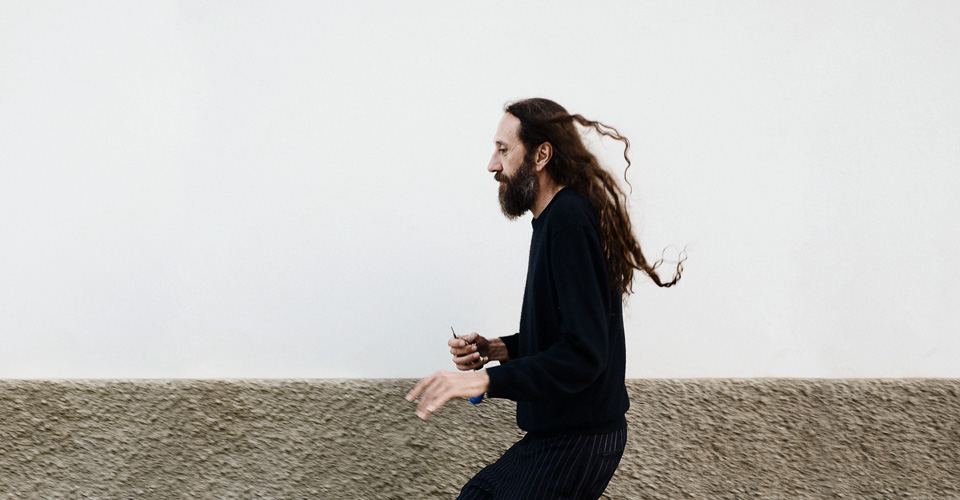
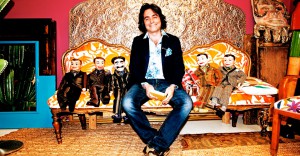
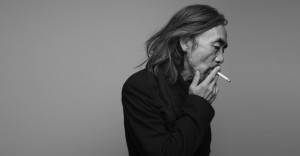
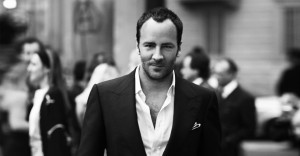

















Comments
write a comment, read comments